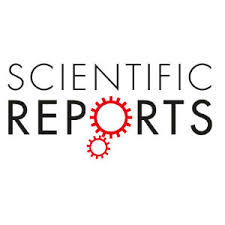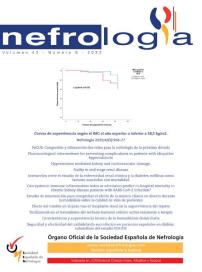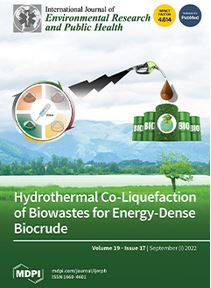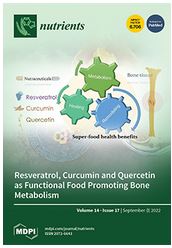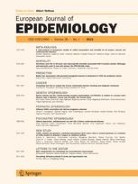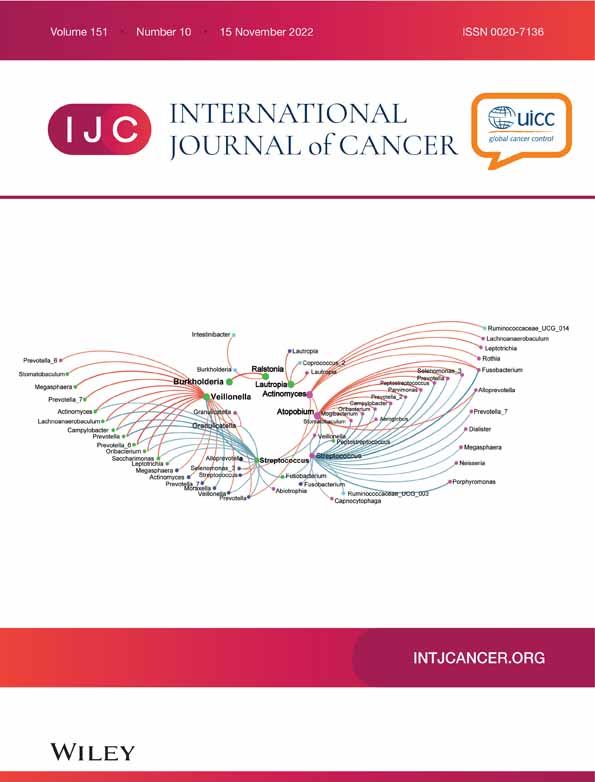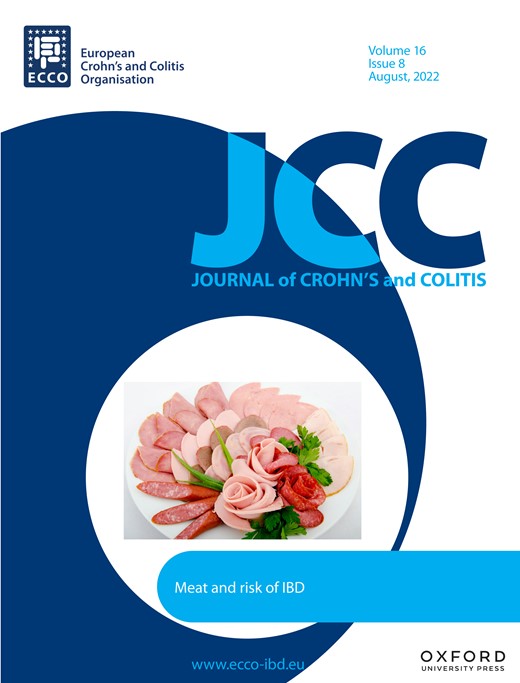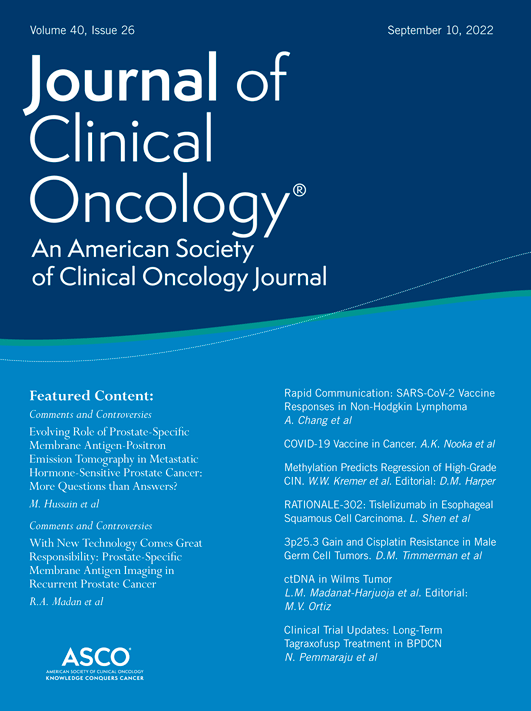Characterization of Cyberbullying Victimization and Perpetration Before and During the COVID-19 Pandemic in Spain
Cyberbullying is an extremely damaging form of interpersonal violence. Little is yet known about cyberbullying behaviors in the child and youth population during the COVID-19 pandemic and what effect this reduction in face-to-face social interactions has had on an increase in socialization via the Internet and cyberbullying. The present study is a cross-sectional descriptive study…




